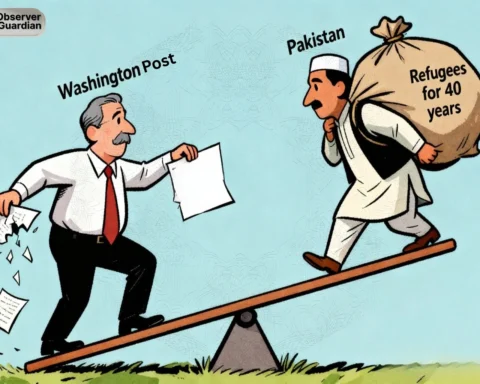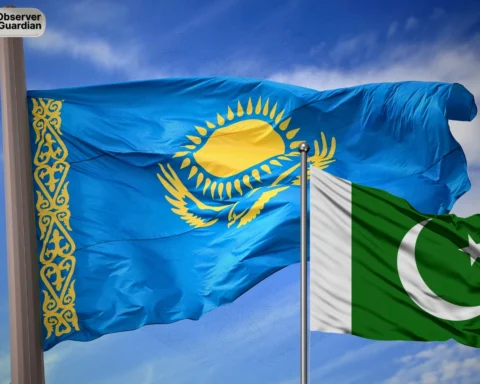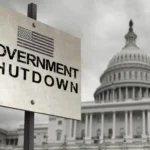World Bank’s Stark Reminder for Pakistan
The World Bank just put out a pretty stark reminder for Pakistan: poverty is creeping back up, and if the country does not act fast with real reforms, millions more people could slip below the line. They have tracked the numbers over two decades, and while poverty dropped from around 64 percent in 2001–02 to about 22 percent in 2018-19, the trend started reversing after 2020. By 2023–24 it’s estimated at about 25 percent. That’s not just numbers on a chart; it means families who had finally started to get some stability are now at risk of losing it.
What’s Driving This?
It has been one hit after another: the pandemic, sky-high inflation, the devastating 2022 floods, and a struggling economy. Add to that long-standing structural problems such as weak job creation outside agriculture, underfunded schools and hospitals, and gaps in basic services. So even small shocks knock people back down, especially those already living right on the edge.
The Bank’s Four Directions
The Bank laid out four broad directions it thinks Pakistan needs to take:
-
Invest in people better education, health, water, sanitation. Not just in the big cities but in districts that have been left behind.
-
Build stronger safety nets so households don’t collapse when disaster strikes, whether that’s flooding, illness, or food price spikes.
-
Spend smarter. Instead of blanket subsidies, which mostly benefit the better-off, channel money toward programs that actually reach the poor.
-
Fix the data problem. Without good data and monitoring, you cannot tell what is working and what is not.
Challenges Ahead
None of this is easy. Pakistan’s finances are already stretched, and institutions often struggle with capacity. Plus, about 85 percent of jobs are informal, which makes it tricky to design policies that really lift people into more secure livelihoods. Climate change is another cloud hanging overhead, and Pakistan is among the most vulnerable countries in the world when it comes to floods and extreme weather. That means resilience is not a buzzword, it’s survival.
Political Will and Long-Term Choices
All of this will need political will that outlasts any single government. Reforms only matter if they are sustained over years, not reversed with every change in leadership. And they have to be people-focused. The Bank keeps emphasizing the bottom 40 percent, women, youth, and rural communities because those are the groups that suffer most when systems fail.
The Way Forward
So, Pakistan had momentum in reducing poverty, and it lost it. Getting back on track would not come from tinkering around the edges. It will take tough, long-term choices that put people first. Whether that actually happens is another question, but the stakes are clearer than ever.







